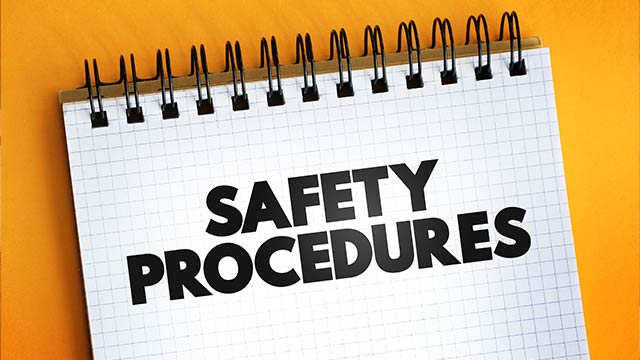What is Compliance Training?
Compliance training is an educational initiative designed to inform healthcare workers about the laws, regulations, and organisational policies relevant to their day-to-day responsibilities. More than just fulfilling a regulatory requirement, effective compliance training empowers staff with the knowledge and skills required to deliver healthcare services at the highest ethical and professional standards.
How Does Compliance Training Apply to Healthcare?
Within Australia’s healthcare framework, compliance training is not just advisable but often mandated (equivalent to mandatory training). Standards set forth by regulatory entities such as the Aged Care Quality and Safety Commission and the Australian Commission on Safety and Quality in Health underline its importance. The training covers diverse areas including patient safety, Medicare regulations, National Disability Insurance Scheme (NDIS) protocols, and more. Compliance training thus serves as the linchpin for quality healthcare provision.

Benefits of Compliance Training in Healthcare
Effective compliance training provides manifold benefits to healthcare organisations:
- Improved Patient Safety: Staff trained in compliance are better equipped to manage risks, resulting in a safer healthcare environment.
- Legal Safeguards: Compliance training helps organisations navigate the complex regulatory landscape, reducing the risk of legal complications.
- Ethical Conduct: By clearly laying out ethical norms and standards, training ensures better decision-making from staff.
- Efficiency: A well-informed staff reduces the scope for errors and rework, leading to operational efficiency.
Examples of Compliance Training Plans for Organisations
Effective compliance training plans are structured yet flexible, accommodating the diverse needs of healthcare roles. Below is a sample yearly plan for an organisation:
| Quarter | Topics | Training Method | Learning Outcomes |
|---|---|---|---|
| Q1 | General Compliance & Ethics | Online Modules | Improved legal and ethical conduct |
| Q2 | Medicare Policies | Seminars | Enhanced understanding of Medicare claims |
| Q3 | NDIS Protocols | Workshops | Effective service delivery for NDIS clients |
| Q4 | Patient Safety Measures | Webinars | Decreased patient safety incidents |

Tools to Help Healthcare Organisations Meet Compliance Training
Various tools can facilitate compliance training:
- Learning Management Systems (LMS): Centralise and track training programs and staff compliance.
- Simulations: Offer practical, risk-free training scenarios.
- Mobile Apps: Enable flexible, on-the-go training.
- Assessment Tools: Evaluate the effectiveness of training.
Compliance training is not a one-time affair but an ongoing commitment. An effective program adapts to the ever-changing healthcare landscape, featuring regular assessments, internal audits, and iterative learning modules to ensure continued relevance and effectiveness.
References
- Australian Commission on Safety and Quality in Health Care. (2021). National Safety and Quality Health Service Standards. Retrieved from https://www.safetyandquality.gov.au
- Aged Care Quality and Safety Commission. (2020). Aged Care Quality Standards. Retrieved from https://www.agedcarequality.gov.au
- NDIS. (2021). NDIS Practice Standards. Retrieved from https://www.ndis.gov.au
- Medicare Australia (2021). "Compliance Program" Retrieved from https://www.servicesaustralia.gov.au



